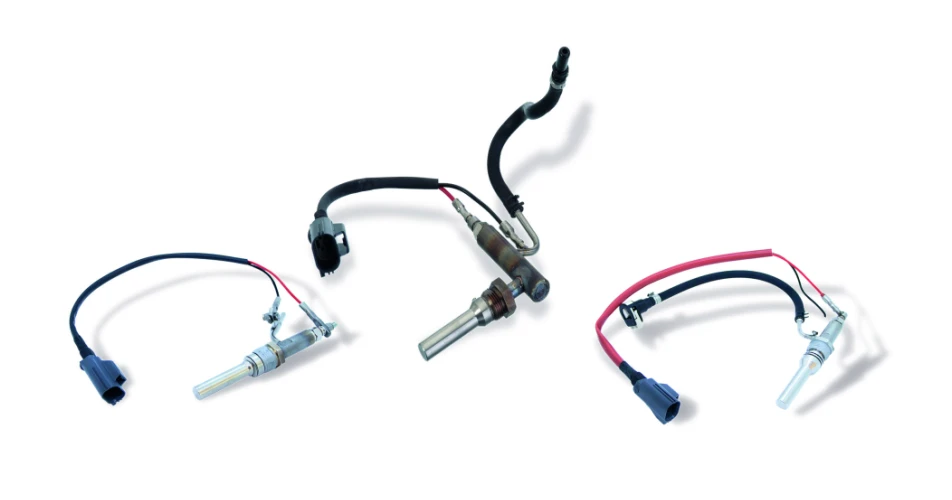MS Motorservice International GmbH has added 14 Pierburg particle filter injection units to its portfolio, meaning the spare parts specialist is once again expanding its range of emission-control products.
Injection units are crucial components for the regeneration of diesel particle filters. However, high operating temperatures and aggressive exhaust gas place high demands on the components. The corrosion- and temperature-resistant materials used in Pierburg products ensure long-lasting function under these harsh conditions. That's why Pierburg is the OEM choice of many manufacturers.
In addition to other pollutants, the combustion process in diesel engines produces soot particulates. These are made of carbon, onto which various compounds are deposited – including hydrocarbons that are harmful to health. For this reason, the soot particulates are filtered out and collected in the diesel particle filter. At high exhaust-gas temperatures above 550 degrees, the soot combusts into carbon dioxide and water vapour. This is called regeneration. However, a small proportion of non-combustible ash is left behind.
The particle filter therefore needs to be replaced after approx. 200,000 km. Frequent short journeys, the use of poor-quality engine oil or defective attachments such as glow plugs, EGR valves or sensors will increase the amount of soot deposited in the filter.
To prevent the particle filter from becoming clogged prematurely and therefore being damaged, a differential pressure sensor monitors how soiled it is. When a certain load limit is reached, the particle filter must be actively regenerated. To do this, the engine control unit starts a burning-off process in order to achieve exhaust gas temperatures of over 550 degrees. In certain operating and load states, the injection unit sprays in fuel just upstream of the particle filter. The fuel burns with the residual oxygen in the exhaust gas. The resulting heat also heats up the particle filter. Depending on the specific vehicle and driving conditions, the active burning-off process takes place roughly every 400 to 600 kilometres and lasts around 10 minutes. It does not impair engine performance. The burning-off process can also be initiated in repair shops using an engine tester.
The new Pierburg particle filter injection units are now available from stockists.

